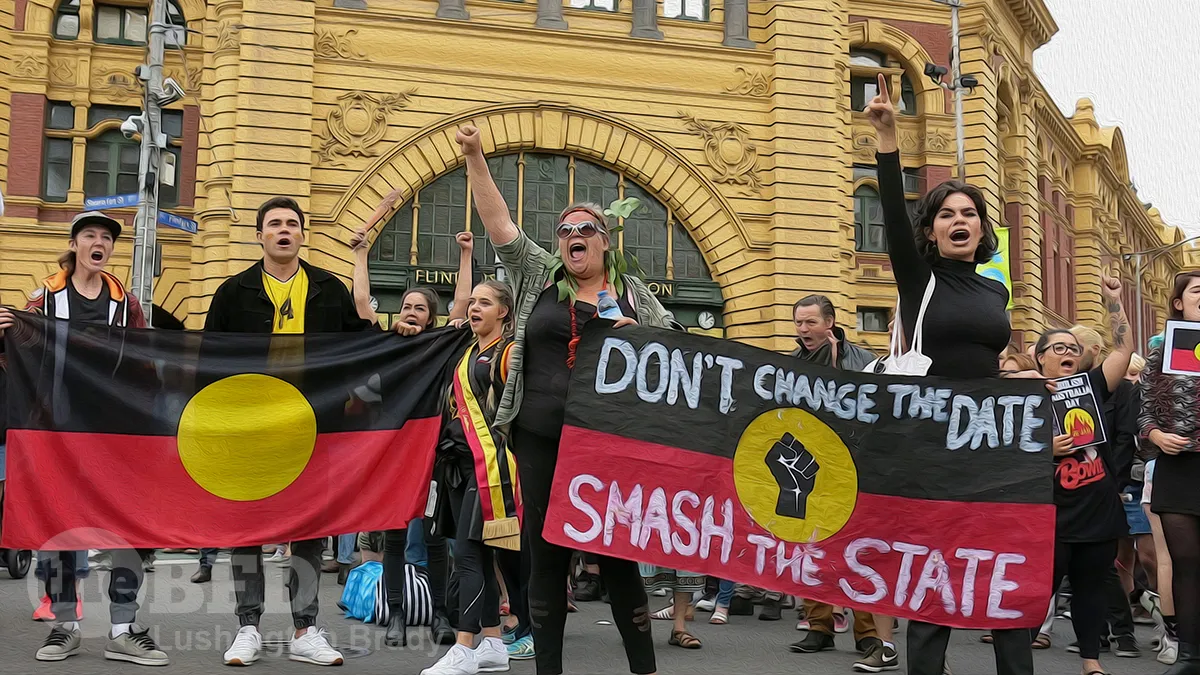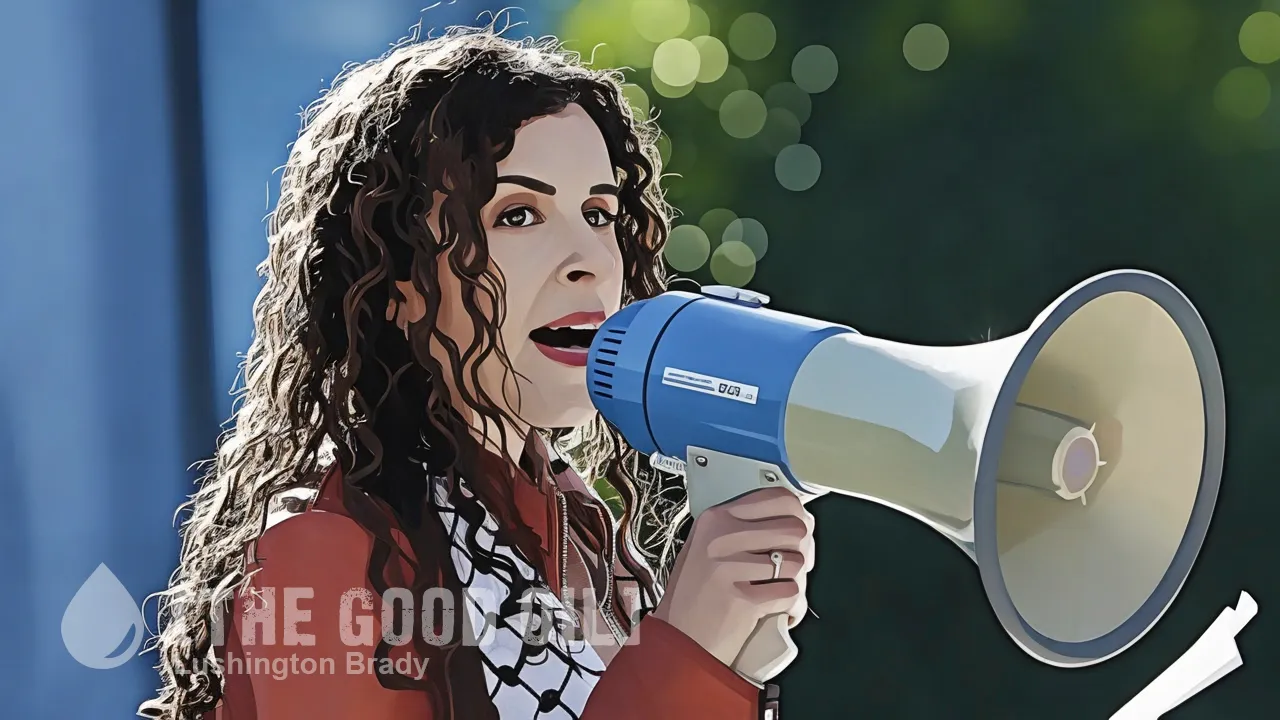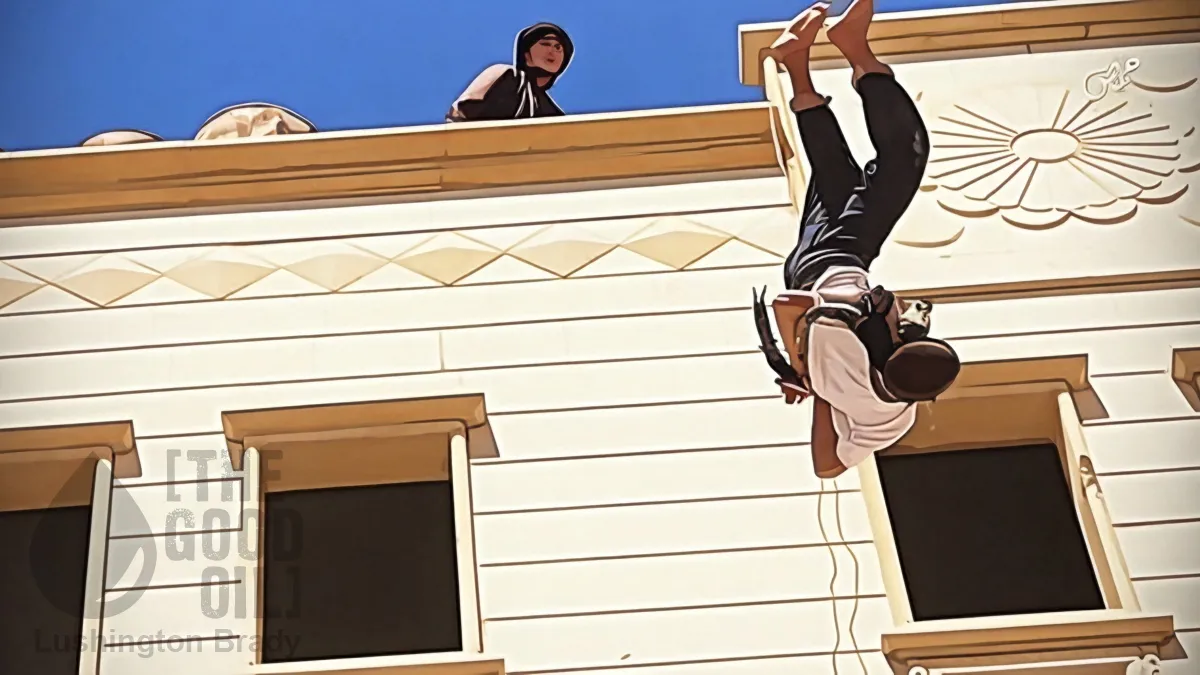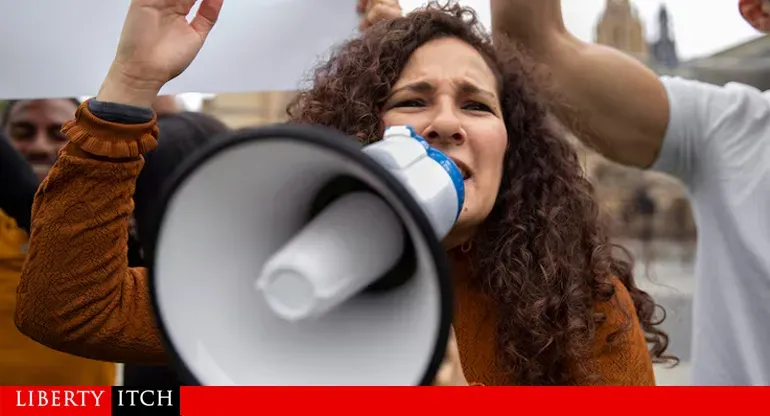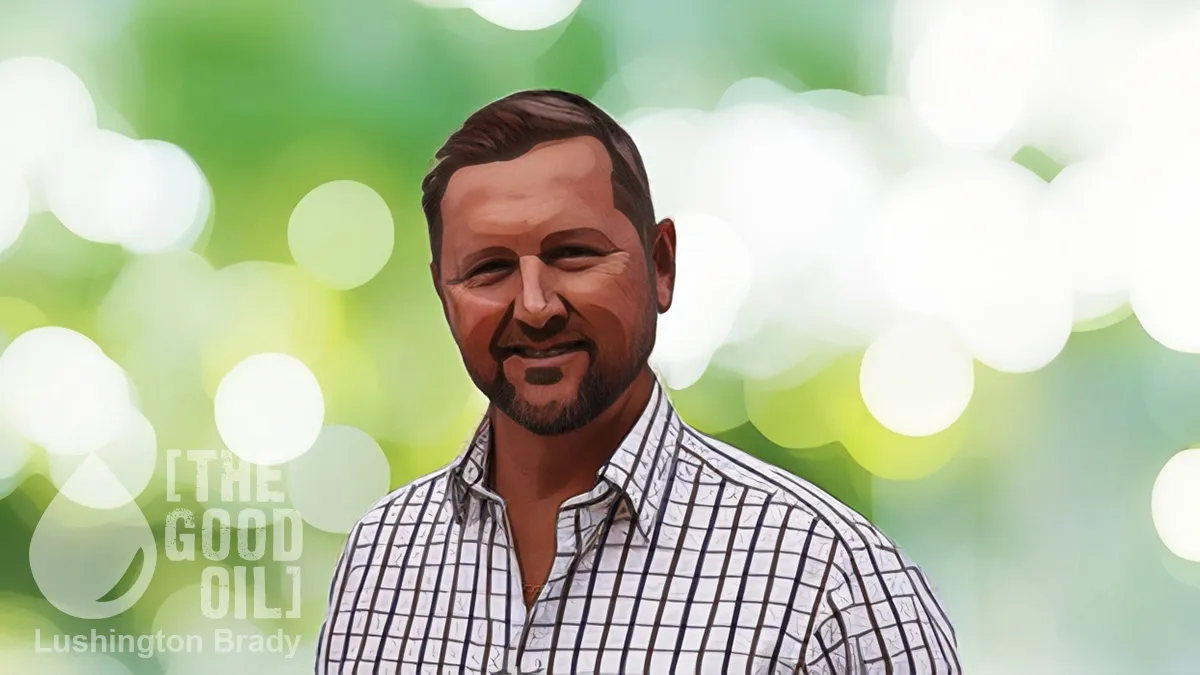Table of Contents
A saying we often use here at the BFD is, “explaining is losing”. Ironically, given that one of the biggest complaints about the “Indigenous Voice” referendum is that the government is withholding detail, the more they try to explain, the more they lose. That might be because their “explanations” are either obvious lies (such as, “the voice has nothing to do with race”), or damn their own case with the truth.
Indigenous Australians Minister Linda Burney has sought to explain how Indigenous communities would use the voice in order to be heard in Canberra, as she further shifts the focus of her public remarks to the practical benefits of the advisory body […]
“Let’s say a local community identifies a problem, like low school attendance,” Ms Burney was due to say. “The community identifies this is a challenge and wants to explore local solutions. So the community approaches their representative on the voice and raises this issue with them.
The Australian
Which is exactly what they can do, now, with their elected representative. That’s how our democracy works, right now: if a person or group has an issue, they can go their local MP’s office, and “raise the issue with them”. In fact, it’s fair to say that the majority of an average MP’s time is meeting constituents and dealing with issues they raise.
The only difference is that a representative can always be voted out by their constituents if they don’t meet expectations. A “voice” mandated in the Constitution is there for good, regardless of if — or, rather, when — it turns out to be just another useless, corrupt bureaucracy.
Explaining is losing.
At the same time, WA is functioning as a practical warning to the rest of Australia of just what sort of shenanigans we can expect, if the co-governance agenda of the “voice” is successful.
A $232 million freeway extension opening in Perth has been held up after a heated argument broke out between two traditional owners over who had the right to conduct the smoking ceremony.
Hardly surprising, when a smoking ceremony is an easy ticket to a lazy five grand or so. Just slap on some ochre, wave some burning gum leaves around, and the money’s in the bank. Nice work if you can get it, and no wonder so many are keen to. All for a bit of stage magic.
According to Moodjar Consultancy, a Perth-based Aboriginal cultural organisation, a smoking ceremony is a “traditional Noongar ritual used to not only cleanse and purify a specific area but it cleanses the spirit, body and soul whilst you are on Noongar Country”.
“It also helps to ward off warra wirrin — bad spirits and to bring in the blessings of the kwop wirrin — good spirits,” the group’s website explains.
“The leaves and shavings from the balga (grass tree) smolder and the smoke purifies the area and prepares for a new beginning. This ritual of purification and unity — signifies the beginning of something new. The balga tree is the life tree.”
News.com.au
Speaking of trees, though..
Updated Aboriginal cultural heritage laws in WA have reportedly stopped a tree planting event to commemorate the late Queen Elizabeth II at the weekend.
Geraldton mayor Shane van Styn said a well publicised, planned event to plant trees at Wonthella Bush Reserve – an area damaged by a deliberately lit fire last year – had to be cancelled due to conflict and confusion caused by WA’s new heritage legislation, a week after it came into effect […]
“Despite checking the site online prior, for any Aboriginal heritage, of which there was none, a respected local knowledge holder shut down proceedings on the basis of ground disturbance and the new Aboriginal Cultural Heritage Act and the ‘significance’ of the site to the family,” Mr van Styn said.
The Australian
No doubt the “warra wirrin” will be easily banished with a handful or two of cash.
Or a lot of handsful of cash, as the case may be.
A landowner quoted more than $20,000 for an Aboriginal heritage survey on a residential block in Exmouth fears the property he purchased less than two years ago now risks being rendered “worthless”.
The owner — speaking on condition of anonymity — bought a more than 4000sqm uncleared block zoned for special use residential development in 2021.
The West Australian
And this is just the start. “Voice” activists are already demanding reparations, and that all landowners pay a tax to Aborigines, and that Aborigines “live rent-free”.
So, please, keep explaining, “voice” activists — and keep losing.

